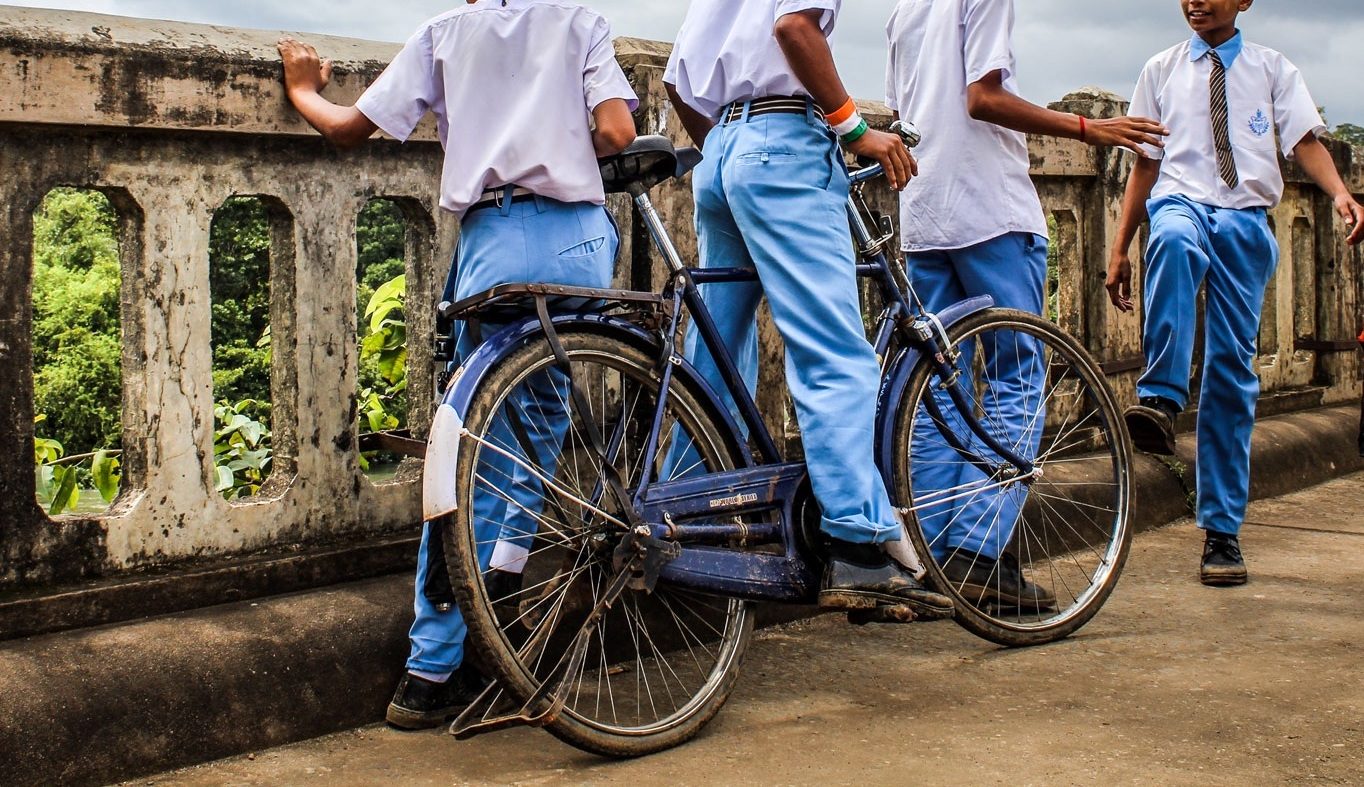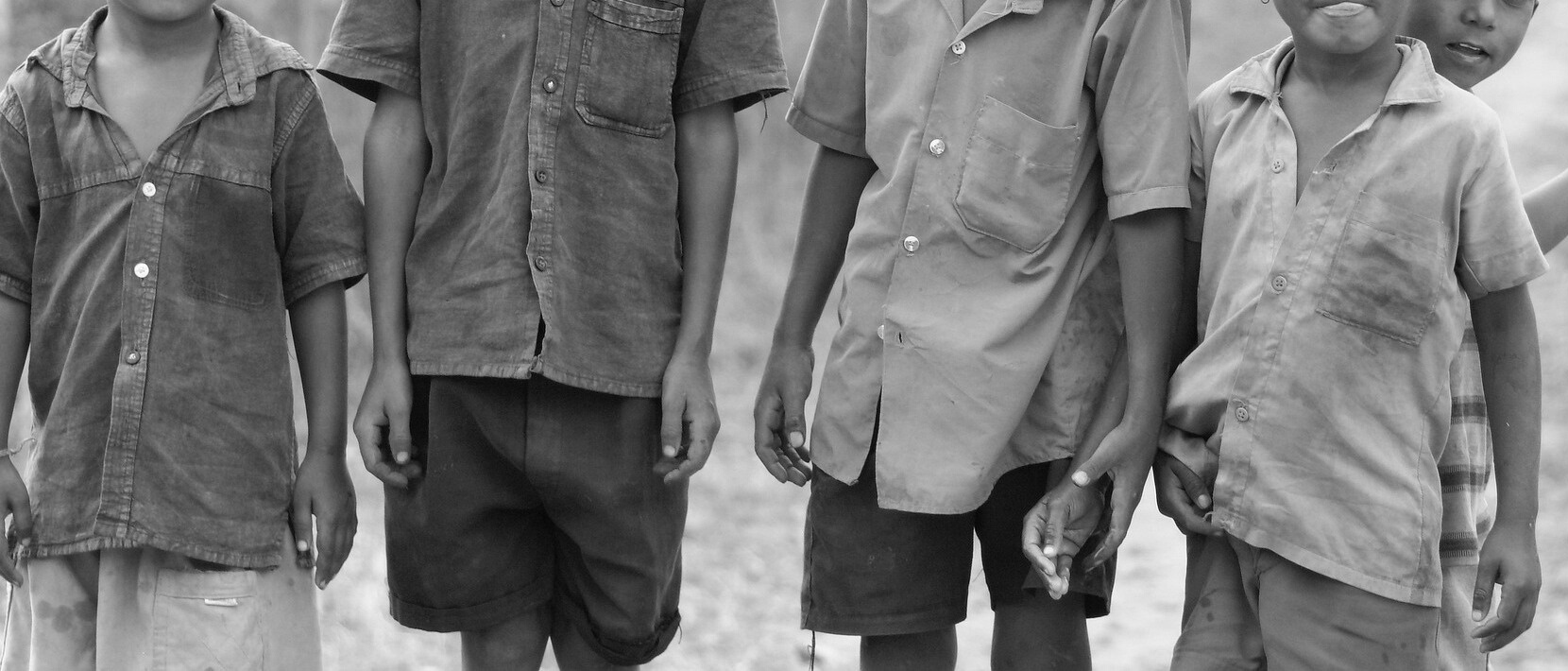ECPAT International’s newest report looks at the sexual exploitation of Boys in Pakistan and reveals how gender norms and intersectional vulnerabilities, such as inaccessible education and poverty, can increase the risk of sexual exploitation of boys.
ECPAT’s fifth report under the Global Boys Initiative, following Hungary, Thailand, South Korea and Sri Lanka, explores the factors which puts boys in Pakistan at risk of sexual exploitation, where the gaps are in the country’s support systems and what needs to change. Together with PAHCHAAN (Protection and Help of Children Against Abuse and Neglect), and the Pakistan Paediatric Association, we conducted ground-breaking research into the sexual exploitation of boys in Pakistan during 2021.
Our research included a detailed survey with 63 social support workers who are on the frontline of supporting boys subjected to sexual exploitation and abuse. We also conducted a careful analysis of Pakistan’s legislation and how it protects boys from these crimes.

In 2019, a UNICEF study in Pakistan revealed that 18% of boys of primary school age were not enrolled in primary education, and 57% of boys of secondary school age were not enrolled in upper secondary education. The World Bank also estimated that in 2020, nearly 25% of the population lived in poverty. Inaccessible education and poverty are widely established as vulnerability factors for sexual exploitation, with boys known to be especially at risk when engaged in hawking, begging, scavenging, and other informal work.

In Pakistan, rigidly defined gender norms present that males are characterised by strength, dominance, and the ability to protect themselves. As a result, boys are led to ignore or minimise emotional pain, and refrain from help-seeking. Anger may be one of the few socially acceptable emotions.
“[Boys have] anger issues. [They may] feel the sudden urge to throw things in anger or beat their other younger siblings in a fight. [They have] low moods and low confidence…[and] lack interest in their studies.”
~ frontline support worker
The surveyed support workers confirmed the impact of social and gender norms and noted that boys tended to be referred for support for anger and acting out behaviours, as opposed to support for sexual exploitation.
In Pakistan, boys are more likely to be found engaged in child labor and street situations compared to girls. In these settings they are vulnerable to sexual exploitation, with Pakistani boy laborers recorded as subjected to sexual exploitation in factories, mines, and workshops. Support workers reiterated the links between sexual exploitation of boys and child labour:

“Most community boys work in workshops, where they may face [child] protection issues. [They need] protection from the people, machines, and tools, which may hurt them.”
Support workers were asked about the most commonly observed types of relationships that were involved with the sexual exploitation of boys:
When asked about the forms of sexual exploitation they encountered, around 30% of support workers worked with boys who had been:
“Sex is a taboo topic in Pakistan, and sexual exploitation is perceived as a permanent loss of respect, which is why victims do not easily open up. It takes a lot of sessions and a lot of reassurance of privacy [and] confidentiality before the client [is] eventually [able to] open up about it.”
Support workers noted that they faced additional struggles in building rapport with boys, and identifying sexual abuse amidst numerous other intersecting challenges. This was especially relevant for boys working in exploitative or high-risk environments, such as those living or working on the street.

Support workers agreed that social support systems are underdeveloped in Pakistan. Policies and procedures need further work, particularly support for their implementation in reality.
However, the impact of social and gender norms was regularly flagged by many support workers as an underlying reason for this underdevelopment. Several noted that the sexual exploitation of boys is not seen publicly as a child protection issue, thus is not prioritised in services.
Overall, Pakistan has demonstrated its commitment to addressing the sexual exploitation of children by ratifying key international instruments and adopting stringent laws for combatting such crimes. A commendable improvement seen in 2020 was the introduction of a gender-neutral definition of rape, where the term explicitly covers males, females and transgender people. This same revision also establishes 16 years as the age of sexual consent for children of any gender. Despite this, there are issues that need to be addressed, as some sexual offences continue to only protect girls, such as the procuration for prostitution.
Data in the Pakistan Boys Report confirms that gender norms and intersectional vulnerabilities are significant factors that contribute to the vulnerability of boys, and put some children at disproportionate risk of child sexual exploitation and abuse. The report also highlights a need to evaluate and develop more inclusive child protection responses.

Some of the recommendations outlined in this report include:
Read: Boys in Hungary are rarely perceived as victims of sexual exploitation
Read: Boys in Thailand would stop selling sex if they could
Read: Boys in South Korea don’t know who to tell when they’ve been sexually abused
Read: Boys in Sri Lanka have little choice but to adapt to abuse
About ECPAT’s Global Boys Initiative
Listen:
Comment, like and share to help us get the word out! #ECPATBoysStudy
Twitter | Facebook | Instagram | Linkedin